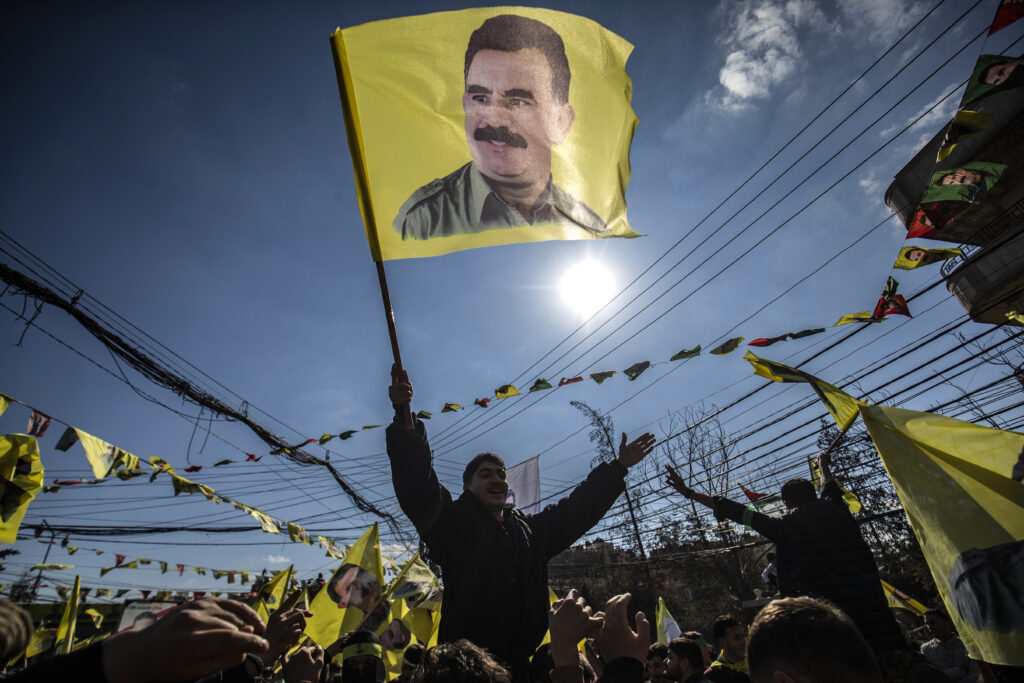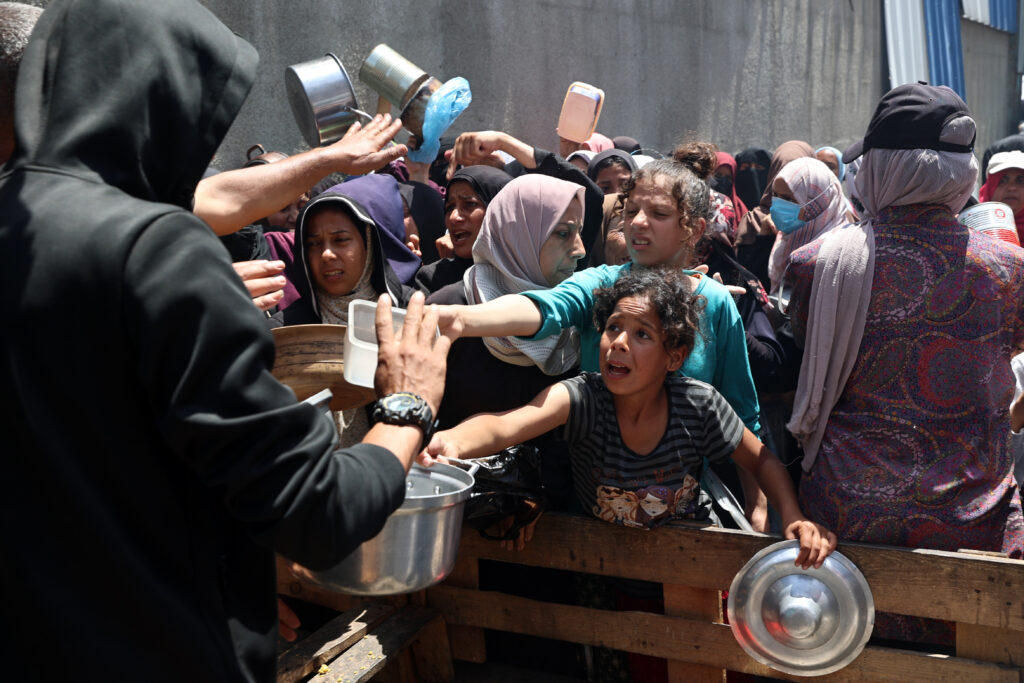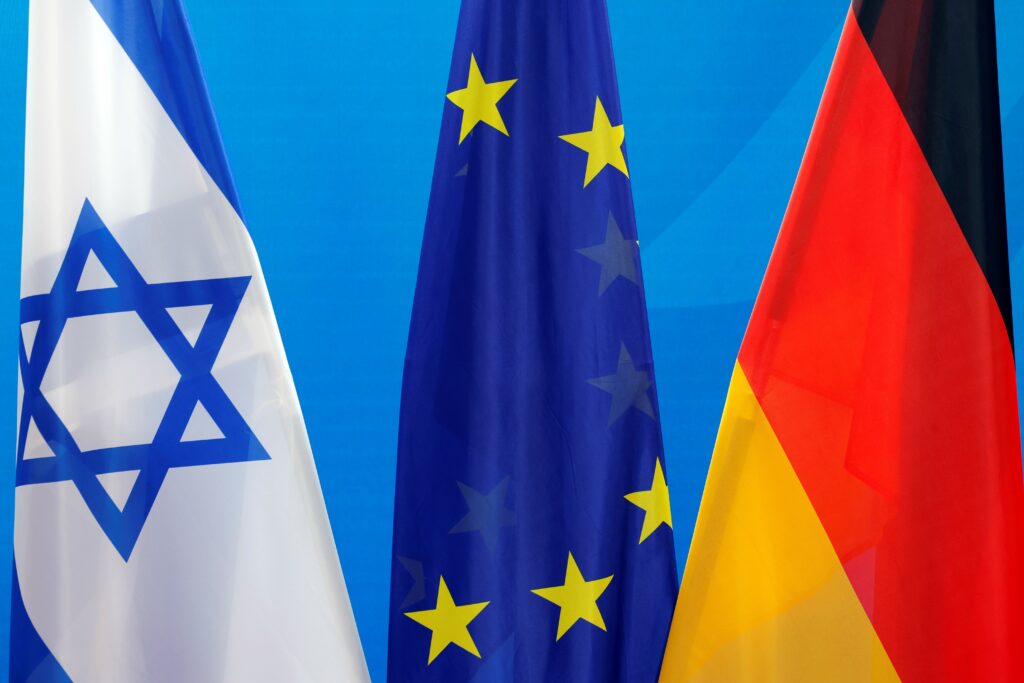Kurdish militant group PKK says disbanding, ending armed struggle
The Kurdistan Workers’ Party (PKK) on Monday announced its dissolution, saying it was ending its armed struggle against the Turkish state and drawing a line under its deadly four-decade insurgency. Founded in the late 1970s by Abdullah Ocalan, the PKK took up arms in 1984, beginning a string of attacks against the Turkish state that would cost more than 40,000 lives. The PKK “has decided to dissolve.. and end its armed struggle,” it said in a statement issued a week after its leadership held a three-day congress in the mountains of northern Iraq.”The PKK has fulfilled its historical mission” and brought “the Kurdish issue to a point where it can be resolved through democratic politics,” it said. The move was welcomed as an “important step towards a terror-free Turkey” by President Recep Tayyip Erdogan’s AKP party which said made clear that the disarmament process would be “meticulously monitored”.The European Union called on “all parties to seize the moment” and begin “an inclusive process based on dialogue and reconciliation”. The announcement came after an appeal by Ocalan, who on February 27 urged his fighters disarm and disband in a letter from Istanbul’s Imrali prison island, where he has been held since 1999.He also asked the PKK to hold a congress to formalise the decision.”This is not the end, it is a new beginning,” PKK executive committee member Duran Kalkan told the congress in remarks quoted by the pro-Kurdish Mezopotamya news agency.- ‘A turning point’ -AKP spokesman Omer Celik said if the decision was “implemented in practise in all its dimensions” it would open the door to a new era. “The full and concrete implementation of the decision to dissolve and surrender arms… will be a turning point,” he said.Top Erdogan aide Fahrettin Altin warned it would take time, saying the goal of a terror-free Turkey was “not a short-term or shallow process.. nor is it a process that will end overnight”, he wrote on X. The president of Iraq’s Kurdistan region, Nechirvan Barzani — who is a crucial powerbroker in Kurdish affairs and has close ties with Turkey — hailed the move as a boost for regional security. The PKK decision “demonstrates political maturity and paves the way for a dialogue that promotes coexistence and stability in Turkey and the region,” he said in a statement. In its statement, the PKK said the decision “offers a strong basis for lasting peace and a democratic solution” while stressing it was “essential” for Turkey’s parliament to “play its role with historic responsibility”. The declaration was the culmination of seven months of work to renew long-stalled talks that began in October when Ankara offered Ocalan an unexpected olive branch. Although key players in the process had initially mooted a possible early release for Ocalan, who has spent more than 25 years serving life in solitary confinement, it was unlikely he would leave Imrali prison island. “The conditions of his detention will be eased.. meetings with the (pro-Kurdish party) DEM and his family will also be more frequent,” an AKP source told the pro-government Turkiye daily.”Ocalan himself has said he did not want to leave Imrali,” he said. Were he to be released, Ocalan’s life would likely come under immediate threat. – ‘Huge win for Erdogan’ -“If the PKK announces it is disbanding and finalises the process without any road accidents, that will be a huge win for Erdogan,” Gonul Tol of the Washington-based Middle East Institute told AFP. She said seeking a rapprochement with the Kurds was very much related to domestic politics, coming just months after Erdogan’s AKP suffered a blow at the ballot box. Analysts say a deal with the Kurds could allow Erdogan to amend the constitution and extend his term in office, while simultaneously driving a wedge between pro-Kurdish parties and the rest of Turkey’s opposition. “The main driver behind this Ocalan opening has always been about consolidating Erdogan’s rule. Because if this whole process succeeds, he will go into the 2028 elections as a stronger candidate who is facing a divided opposition,” Tol said. The PKK, designated a terrorist group by Ankara, Washington and Brussels, has waged an insurgency against the Turkish state since 1984.Its original aim was to carve out a homeland for Kurds, who make up about 20 percent of Turkey’s 85 million people.





